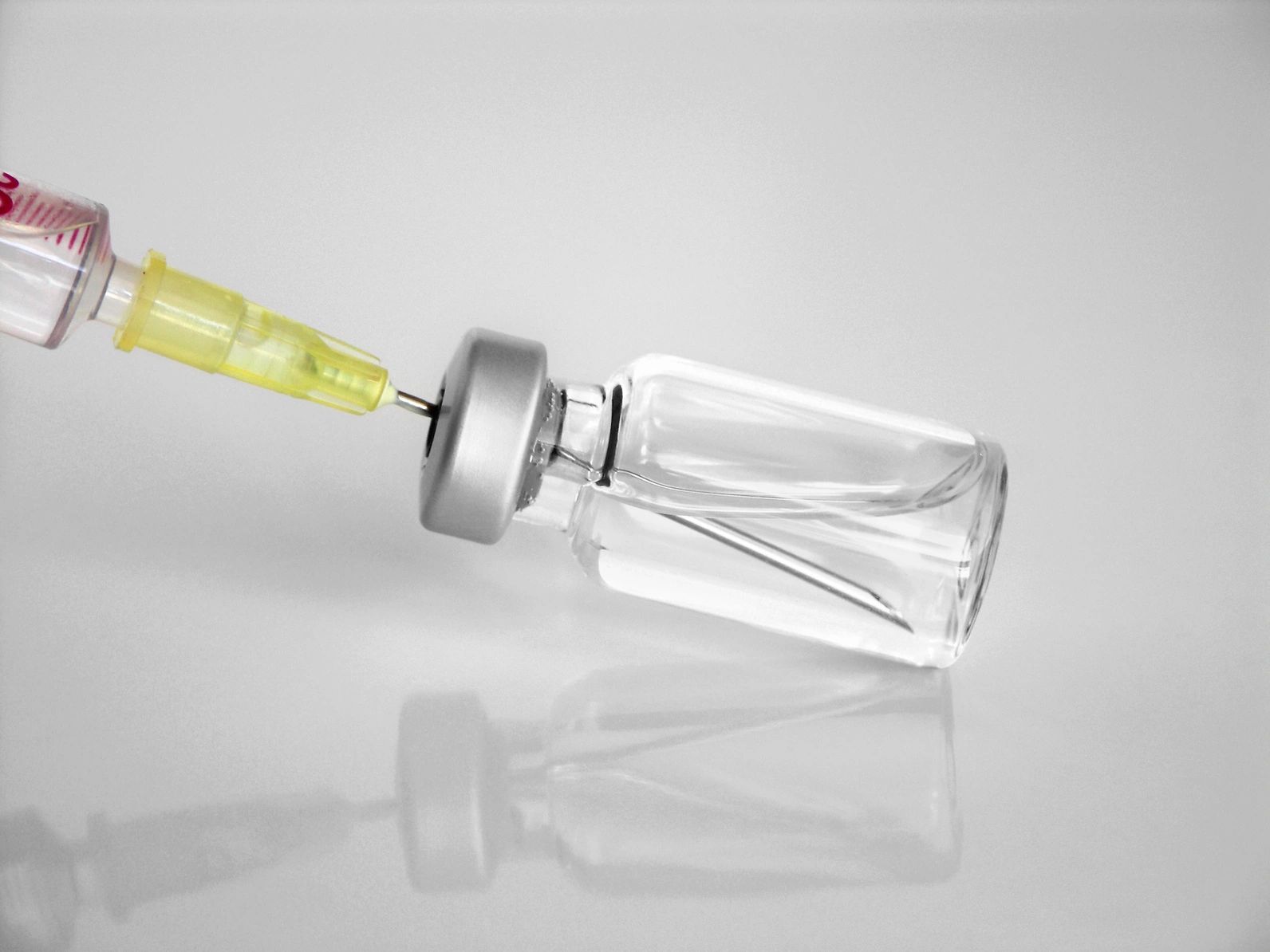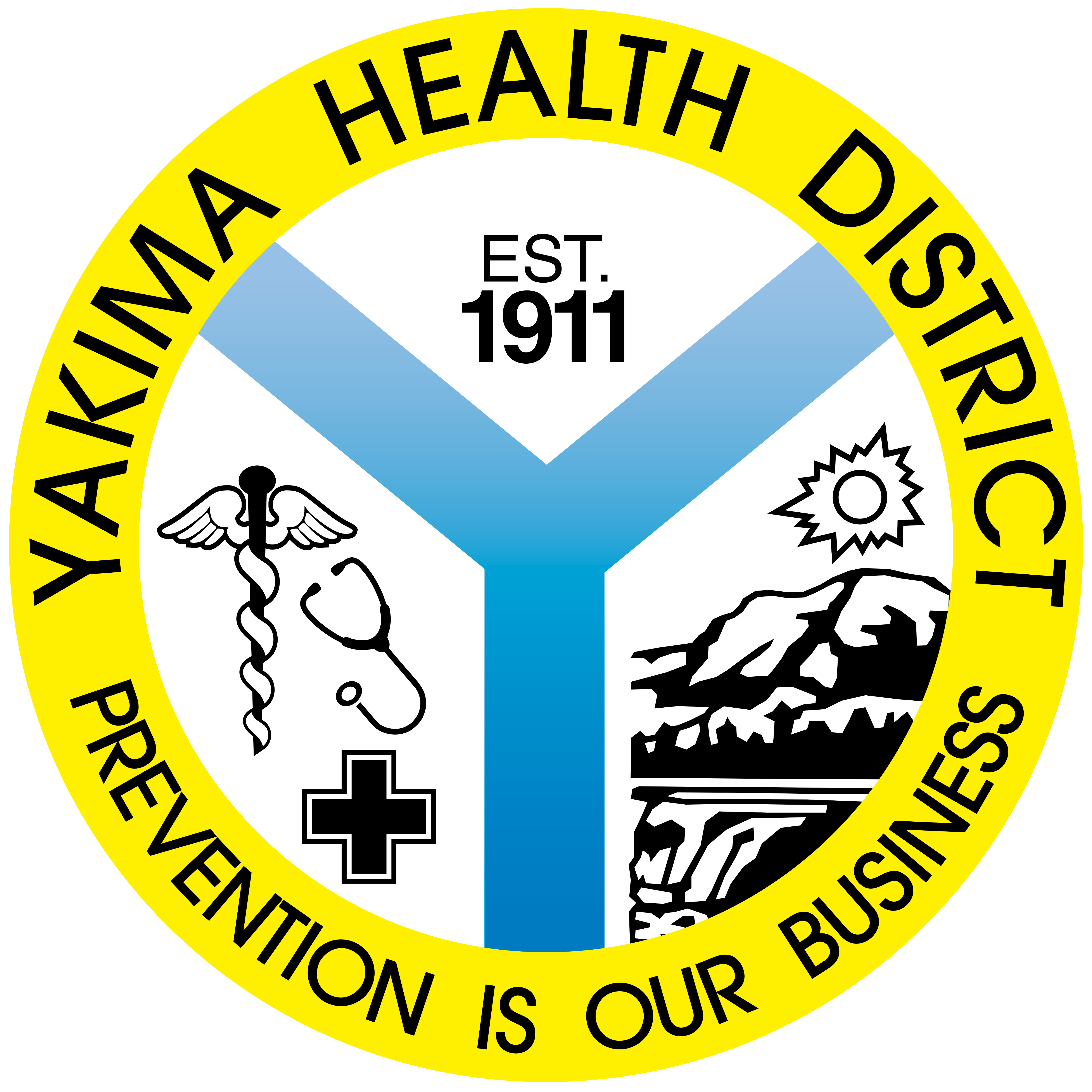
On Sept. 11, 2023, U.S. Food and Drug Administration (FDA) authorized for emergency use new, updated (2023–2024) COVID-19 vaccines from Moderna and Pfizer.
- On Sept. 12, 2023, Centers for Disease Control and Prevention (CDC) recommended everyone 6 months or older get new, updated (2023–2024) COVID-19 vaccine.
- The federal government will no longer provide COVID-19 vaccine.
- Providers can get COVID-19 vaccine through:
- Childhood Vaccine Program.
- Adult Vaccine Program.
- Bridge Access Program.
- Commercial marketplace.
- Providers can get COVID-19 vaccine through:
- FDA deauthorized previous bivalent COVID-19 vaccines from Moderna and Pfizer.
- Report unused bivalent COVID-19 vaccine as wastage and dispose according to local medical waste guidelines.
- CDC’s Novavax recommendations remain unchanged.
FDA deauthorized previous bivalent COVID-19 vaccines.
On Sept. 11, 2023, FDA deauthorized previous bivalent COVID-19 vaccines from Moderna and Pfizer.
- Report unused bivalent COVID-19 vaccine as wastage and update your inventory in WAIIS.
- Indicate “Expired” in category and reason as “Expired Opened Multi-dose Vials.”
- Dispose of deauthorized vaccine according to local medical waste guidelines.
CDC recommends new, updated (2023–2024) COVID-19 vaccines.
CDC’s new, updated (2023–2014) COVID-19 vaccine recommendations:
- Unvaccinated children 6 months–4 years old should get a multidose initial series (2 doses of Moderna or 3 doses of Pfizer).
- Previously vaccinated children 6 months–4 years old should get 1 or 2 doses (timing and number of doses depends on previous COVID-19 vaccine received).
- Regardless of previous vaccination, people 5 years or older should get 1 dose at least 2 months after their last dose of any COVID-19 vaccine.
Vaccination remains the best way to prevent COVID-19 hospitalization and death and reduces the risk of long COVID. The new, updated (2023–2024) vaccines better protect against circulating strains of the virus. The vaccines remain safe and effective with rare serious side effects.
CDC will soon update its Interim Clinical Considerations for Use of COVID-19 Vaccines to provide additional guidance for clinicians. Co-administration of COVID-19 vaccines is acceptable, but providers should help patients determine if they should get multiple vaccines at once or stagger them.
The federal government no longer provides COVID-19 vaccine.
Most people can still get COVID-19 vaccine at no cost.
- Children 6 months–18 years old can get COVID-19 vaccine at no cost from providers in the Childhood Vaccine Program.
- Adults without health insurance can get COVID-19 vaccine at no cost from providers in the Adult Vaccine Program and Bridge Access Program.
- In coming weeks, vaccines.gov will have an updated list of everywhere COVID-19 vaccine is available from the Bridge Access Program.
- Most health insurance will cover COVID-19 vaccine for adults.
Novavax recommendations remain unchanged.
Novavax COVID-19 vaccine remains authorized and available in the United States for people:
- 12 years or older as a primary series.
- 18 years or older as a first booster.
FDA is evaluating an updated version of the vaccine. It may become available in coming months.
